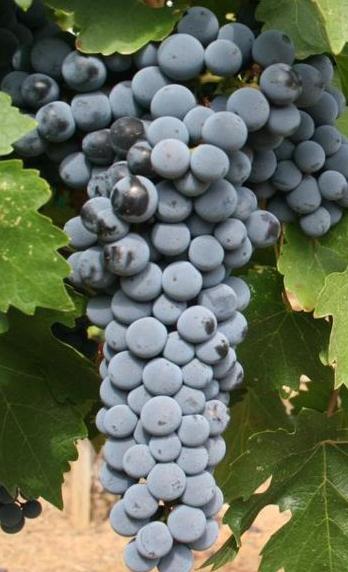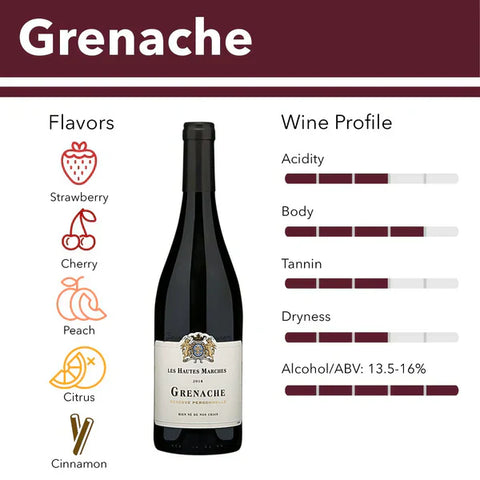McLaren Vale vs Margaret River Cabernet Sauvignon: A Study in Contrasts
Introduction
Australia's Cabernet Sauvignon landscape features two distinctive regions that showcase the variety's versatility: McLaren Vale in South Australia and Margaret River in Western Australia. Each region produces remarkable expressions of Cabernet Sauvignon, shaped by their unique maritime influences, soils, and winemaking philosophies.
Geographical Distinctions
McLaren Vale
Location: South Australia, 40km south of Adelaide Climate: Mediterranean
- Warm days, cool nights
- Maritime influence from Gulf St. Vincent
- Average rainfall: 550mm annually
- Strong sea breezes moderate temperature
Soil Types:
- Terra Rossa patches
- Deep sand over clay
- Red-brown sandy loam
- Ironstone-rich soils
- Ancient geology (500+ million years)
Margaret River
Location: Western Australia, 270km south of Perth Climate: Mediterranean maritime
- Consistent temperatures
- Dual ocean influence (Indian Ocean and Southern Ocean)
- Average rainfall: 1000mm annually
- Predictable vintage conditions
Soil Types:
- Gravelly loam
- Granite-based soils
- Forest grove soils
- Sandy loams
- Younger geology compared to McLaren Vale
Wine Characteristics
McLaren Vale Cabernet
Flavour Profile:
- Ripe blackcurrant
- Black cherry
- Dark chocolate
- Mediterranean herbs
- Eucalyptus notes
- Concentrated fruit expression
Structure:
- Full-bodied
- Rich, robust tannins
- Higher alcohol (14-15%)
- Deep colour
- Generous mouthfeel
Margaret River Cabernet
Flavour Profile:
- Cassis
- Bay leaf
- Cedar
- Violet
- Black olive
- Marine/saline notes
Structure:
- Medium to full-bodied
- Fine, elegant tannins
- Moderate alcohol (13.5-14%)
- Bright acidity
- Bordeaux-like elegance
Winemaking Approaches
McLaren Vale
- Earlier harvesting potential
- Often blended with Shiraz
- Focus on fruit expression
- Sustainable practices emphasis
- Modern winemaking techniques
Margaret River
- Later, consistent ripening
- Bordeaux-style blending
- Regional expression focus
- Traditional techniques
- Extended barrel aging
Notable Producers
McLaren Vale Standouts
- Wirra Wirra
- Curtis Winery
- Chapel Hill
- d'Arenberg
- Kay Brothers
- Chalk Hill
- Hugh Hamilton
Margaret River Leaders
- Vasse Felix
- Cullen Wines
- Cape Mentelle
- Moss Wood
- Leeuwin Estate
- Woodlands
Price Points and Value
McLaren Vale
- Entry level: $20-25
- Premium: $30-60
- Super premium: $60-150+
- Value-oriented pricing
Margaret River
- Entry level: $25-35
- Premium: $45-90
- Super premium: $90-250+
- Premium positioning
Aging Potential
McLaren Vale
- Ready to drink: 2-5 years
- Peak drinking: 5-12 years
- Premium wines: up to 15-20 years
- Earlier accessibility
Margaret River
- Ready to drink: 3-8 years
- Peak drinking: 8-20 years
- Premium wines: 25+ years
- Long-term cellaring reward
Food Pairing Suggestions
McLaren Vale Cabernet
- Grilled red meats
- Braised lamb
- Rich pasta dishes
- Aged hard cheeses
- Mediterranean cuisine
- Barbecued meats
Margaret River Cabernet
- Prime rib
- Rack of lamb
- Duck breast
- Mushroom dishes
- Blue cheese
- Fine dining cuisine
Environmental Factors
McLaren Vale
Advantages:
- Established sustainable practices
- Drought resistant
- Heat tolerant varieties
- Strong organic movement
Challenges:
- Water availability
- Heat waves
- Frost risk in some areas
Margaret River
Advantages:
- Consistent climate
- Natural water availability
- Lower disease pressure
- Minimal frost risk
Challenges:
- Rain during harvest
- Bird pressure
- Distance to market
Investment Potential
McLaren Vale
- Strong domestic market
- Value-driven investment
- Shorter-term returns
- Good export potential
Margaret River
- Premium market position
- Long-term investment value
- Strong auction performance
- International recognition
Recent Trends
McLaren Vale
- Organic/biodynamic growth
- Alternative packaging
- Earlier picking dates
- Sustainable certification
- Small-batch production
Margaret River
- Single vineyard focus
- Extended aging programs
- Export market growth
- Premium positioning
- Environmental initiatives
Consumer Guidance
Choose McLaren Vale When You Want:
- Riper, fuller-bodied style
- Earlier drinking windows
- Value for money
- Australian fruit expression
- Robust structure
Choose Margaret River When You Want:
- Elegant, refined style
- Aging potential
- Bordeaux-like character
- Consistency across vintages
- Fine wine collection addition
Conclusion
Both regions excel in Cabernet Sauvignon production while offering distinctly different expressions. McLaren Vale delivers powerful, fruit-forward wines with regional character and earlier drinking appeal, while Margaret River produces elegant, age-worthy Cabernets that rival fine Bordeaux. The choice between them often reflects personal style preferences and intended use, with both regions offering exceptional quality at their respective price points.




Comments (0)
There are no comments for this article. Be the first one to leave a message!